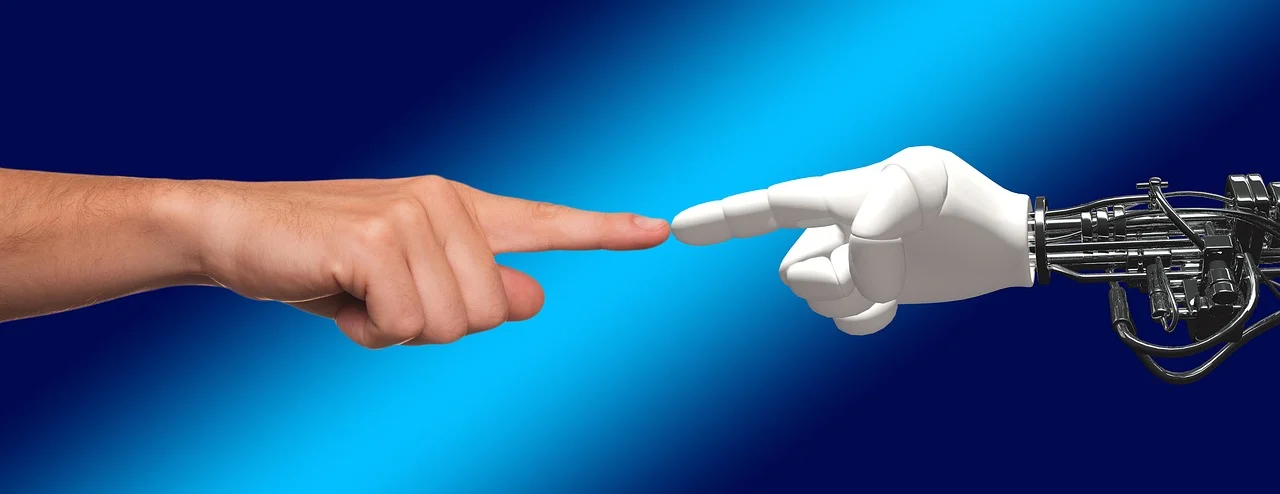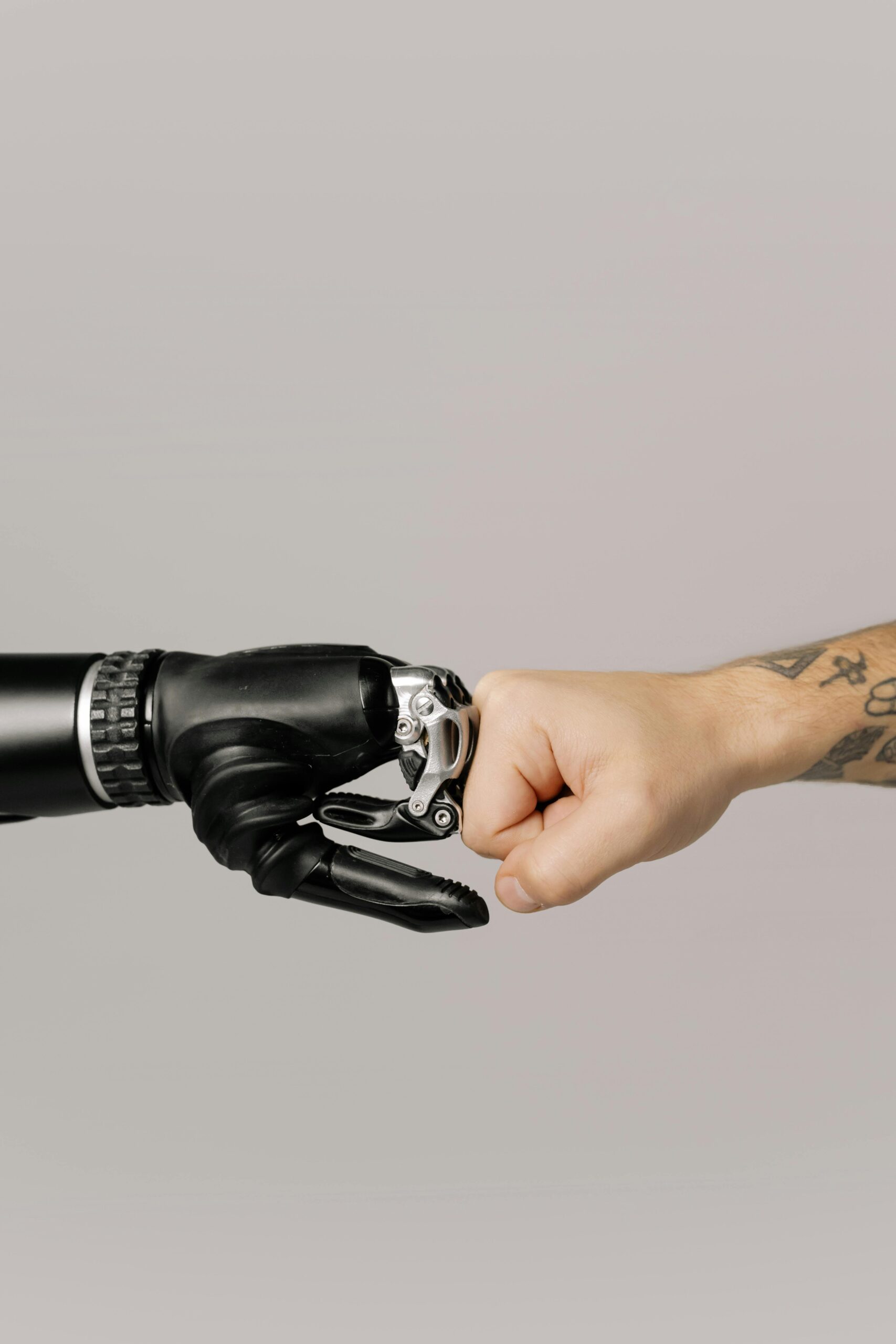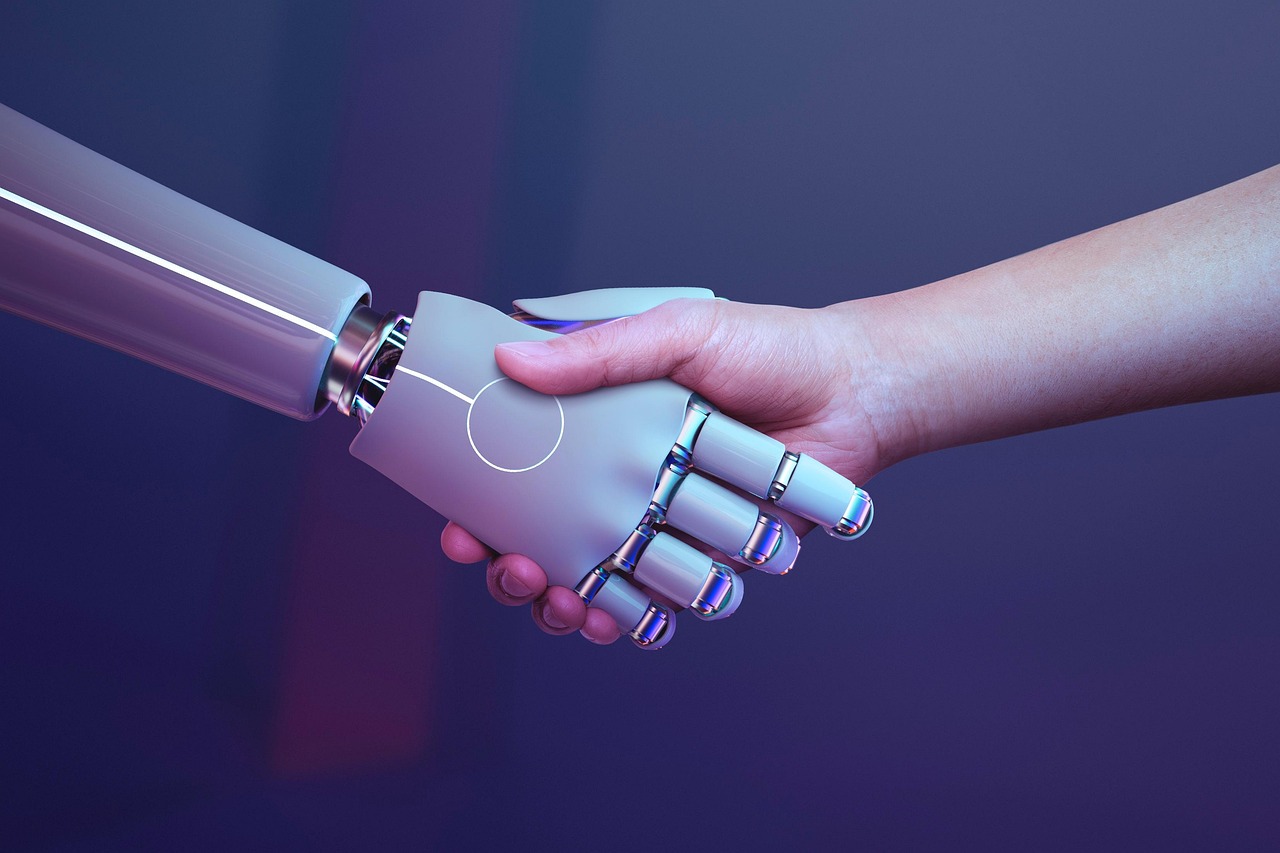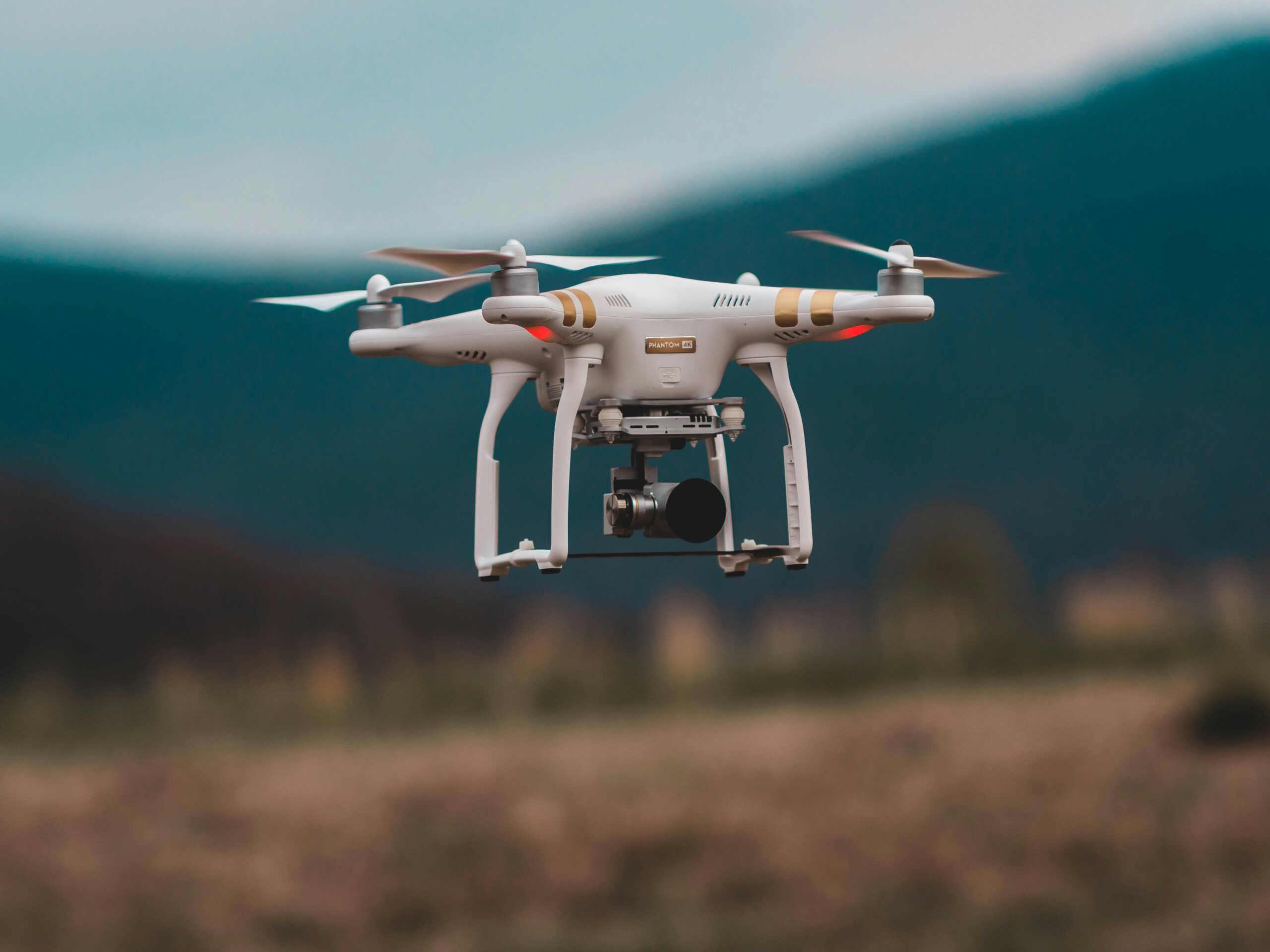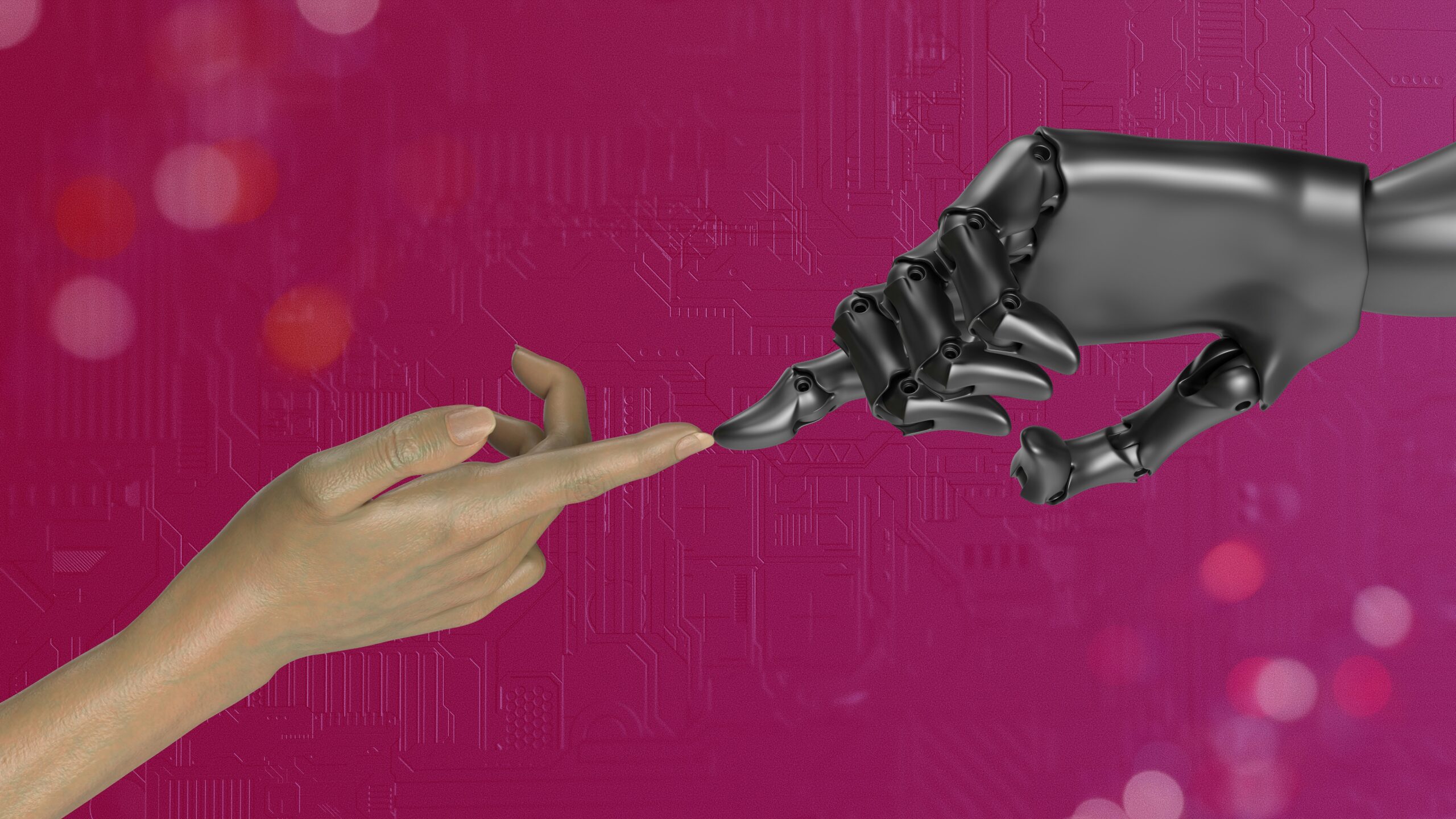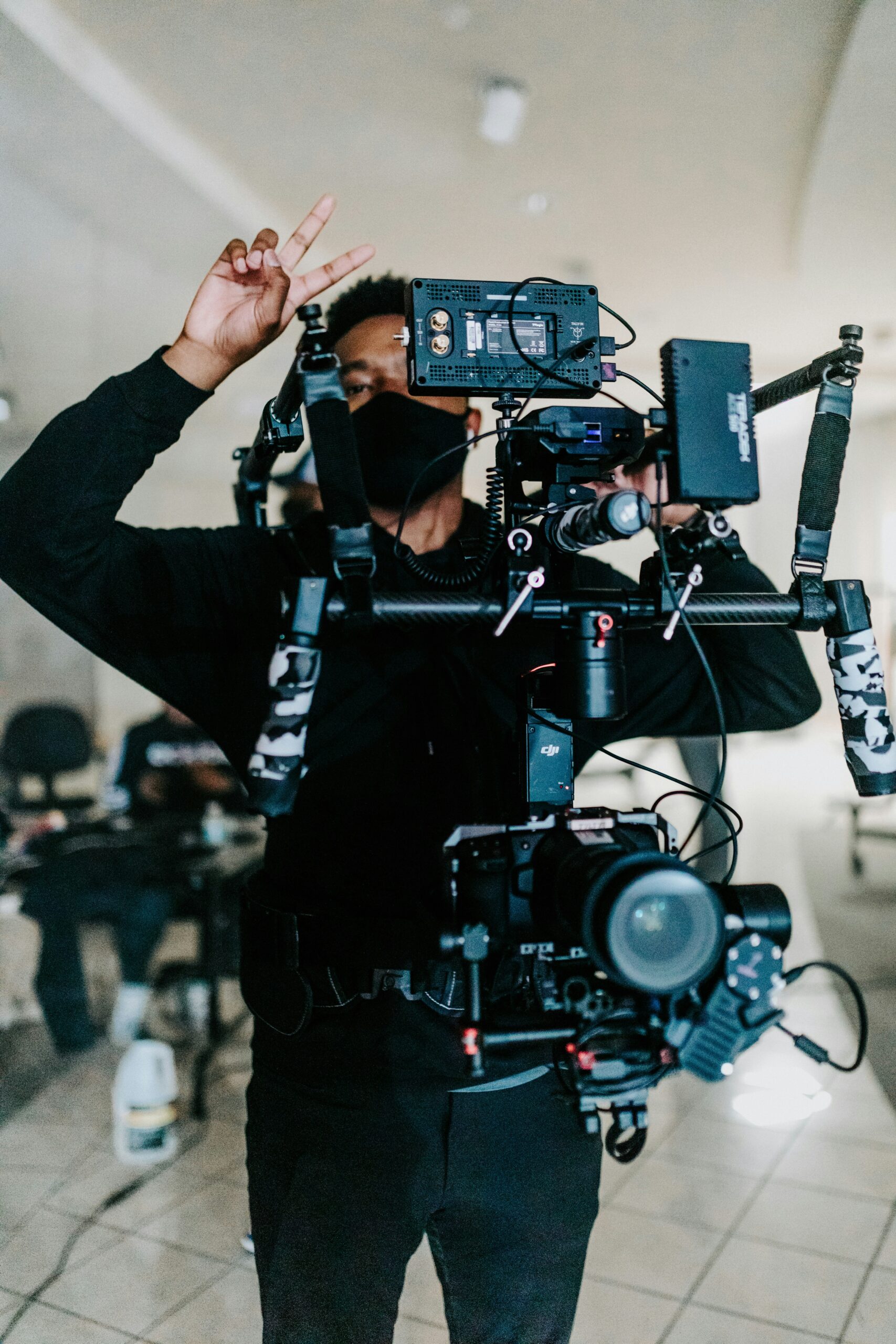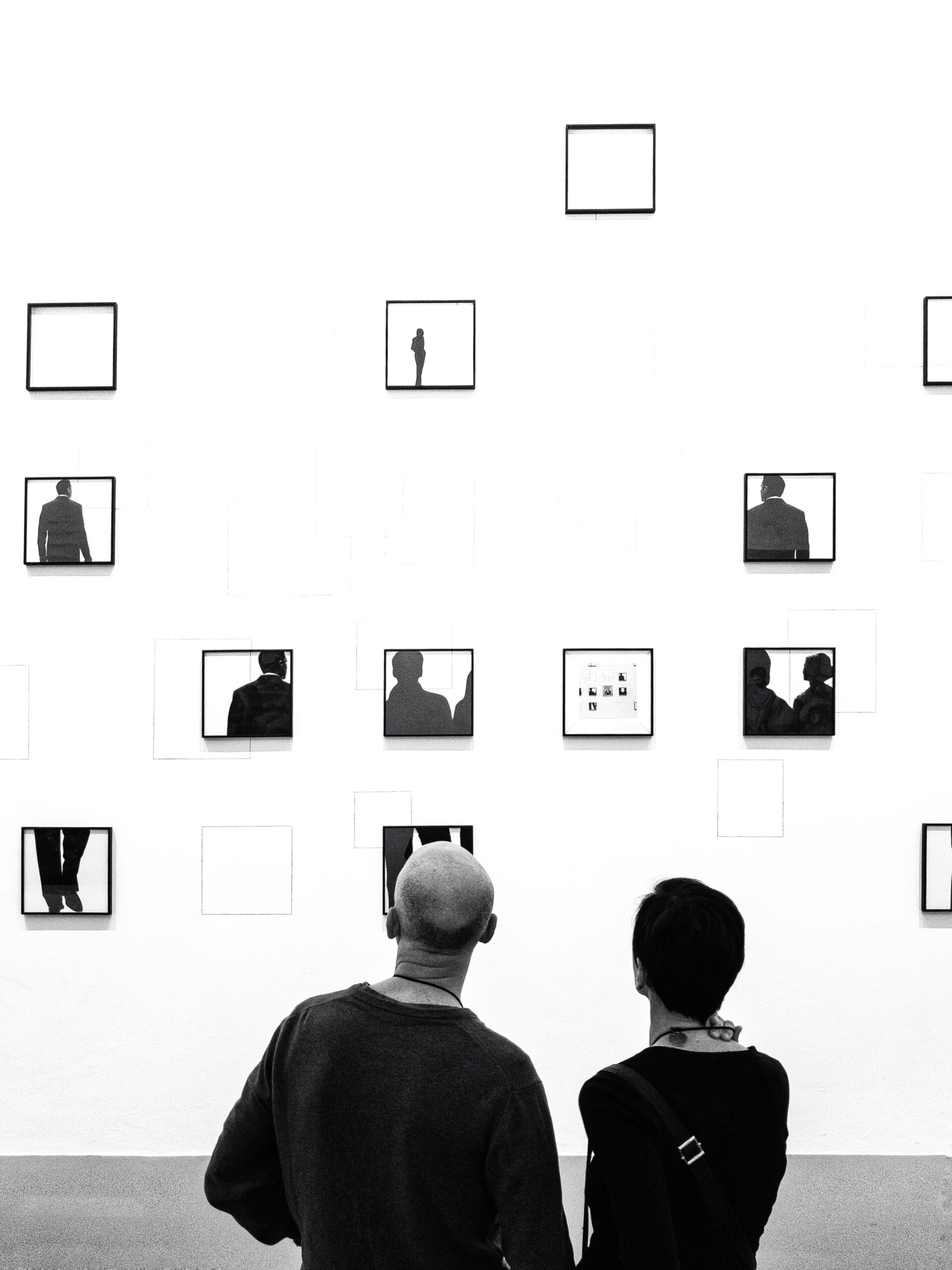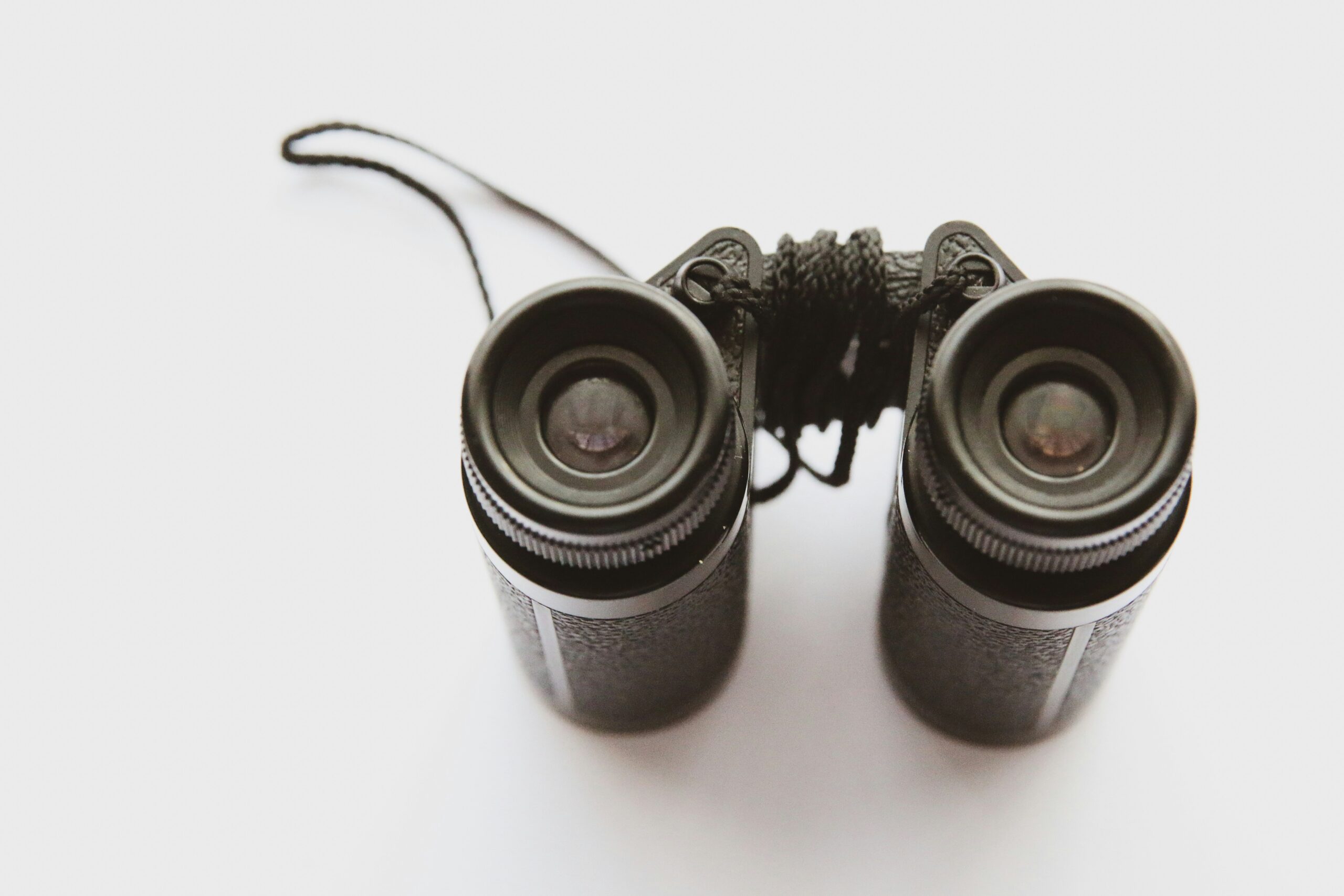Image credit: Pexels
With the growing dominance of AI in daily life and businesses across industries, the concern over its ethical use has become stronger than ever. From healthcare to logistics to creative industries, AI systems are now making decisions that affect human lives and livelihoods. This ethical concern mainly revolves around regulations related to the use of AI. This is where a few companies are making a difference by showing the world what ethical AI looks like in practice, emphasizing responsibility, transparency, and the human element behind the algorithms.
Business AI: From General Reasoning to Domain Expertise
The arrival of AI has brought enormous potential for innovation, but it has also placed a new responsibility on companies to ensure ethical application. Foundation models are powerful and flexible, yet they must be aligned carefully with organizational values and societal expectations.
Alkemi.ai provides an example of how to achieve this balance. The company’s CEO, Connor Folley, summarizes his philosophy in five words: “Innovation without control is exposure.” His point is that unchecked experimentation can deliver quick wins but create long-term risks for trust, reputation, and integrity.
Folley explains that fewer than ten percent of companies today train their own AI models. Most rely on massive foundation models from major providers. “That shifts the ethical responsibility,” he says. “You might not control the model’s training, but you still control how it is used. You own the customer experience, and that means you own the exposure.”
He draws a clear line between the training of AI, which develops general reasoning, and its application, known as inference. Training builds the brain, he explains, but inference is where accountability begins. That is when the model acts in the real world.
By grounding AI systems in specific business data, Alkemi.ai’s tools reflect reality rather than abstraction. “Ethical AI is not about restriction,” Folley adds. “It is about awareness and alignment. Smart systems must know the world they serve.”
Robotics: Empowering Workers, Not Replacing Them
A persistent misconception about automation is that it inevitably replaces the human workforce. Yet some companies are proving that robotics can empower rather than replace teams when designed thoughtfully.
Ambi Robotics has embraced this human-centric approach with robotic systems designed not to eliminate jobs but to help workers manage repetitive, physically demanding tasks more efficiently.
As Jeff Mahler, Ambi Robotics’ CTO, says, “Our mission is to help people handle more.”
Mahler has spent years studying how robots can complement human skill. “In many warehouses, people are performing exhausting work, lifting heavy boxes all day,” he explains. “Some even jump to stack items above their heads. It is hard, dangerous, and unsustainable.” Ambi’s AI-powered systems take on the strain so that workers can focus on coordination, quality, and technical operation.
Safety and ergonomics are fundamental to the company’s design process. The robots automatically stop when someone approaches too closely, and every element of the machinery is engineered to minimize effort. “You design for real people,” Mahler says. “That means designing for the worker who is tired, new, or distracted. The technology must protect them.”
Training is intentionally simple. “Most workers can learn the system in about thirty minutes,” Mahler says. “It is built to be intuitive, and the robots even include on-screen videos that teach users step by step.”
Ambi Robotics demonstrates that ethical AI can enhance both productivity and dignity. The company’s approach replaces strain with skill and transforms fear of automation into a new form of empowerment.
Simulation Training: Ethics in High-Stakes Human Roles
In fields where every decision can mean the difference between safety and catastrophe, AI’s role must be supervised by empathy and responsibility. Simulation-based training platforms like ReflexAI are elevating human capability rather than replacing it, particularly in high-stakes areas such as crisis response and emergency communications.
Sam Dorison, CEO of ReflexAI, shares the company’s guiding principle: “How would we feel if our family members were on the other end?”
Dorison began his career leading crisis hotlines and saw how traditional training failed to prepare responders for the emotional reality of their work. ReflexAI’s simulations now recreate those conditions, allowing trainees to practice high-stakes interactions safely and repeatedly. “The goal is not to replace people,” Dorison says. “It is to prepare them better for the moments that matter most.”
Ethical practice at ReflexAI begins inside the company. Every employee completes training led by an independent AI ethicist. “It is neither simple nor cheap, but it is essential. You cannot deploy ethical tools without ethical teams,” Dorison says.
The company also chooses to undergo independent HIPAA audits rather than self-certify. Compliance is not the finish line, rather, the team treats it as the baseline. Dorison illustrates, “We act as if our own loved ones depended on the system.”
The results support this philosophy. ReflexAI’s training simulations have earned over ninety percent satisfaction from partners including Google and the U.S. Department of Veterans Affairs
Strategic AI: Ethics Through Transparency and Accountability
Beyond operational applications, AI is transforming corporate strategy itself. Used responsibly, it can illuminate inefficiencies, align teams, and drive performance through transparent trust-building processes.
Howwe Technologies exemplifies this collaboration of strategy and ethics. The platform helps organizations visualize goals, track progress, and make data-driven decisions while maintaining accountability at every level.
CEO Ulf Arnetz emphasizes the importance of ethical clarity: “If it’s legal and not immoral, use AI to improve performance.”
Behind that practicality is a vision of transparent systems that connect leadership to every layer of the organization. “Most companies have digital systems for finance or sales,” Arnetz explains. “But the CEO, who drives the company, often works in isolation. Howwe reconnects leadership with everyone else.”
By linking roles and responsibilities through a shared platform, Howwe creates what Arnetz calls “a digital nervous system.” It allows teams to adapt quickly to change while maintaining clarity of purpose. “You can no longer plan ten years ahead. You need living systems that adjust ethically and intelligently every quarter.”
For Arnetz, accountability itself is a form of ethics. When decisions are visible, integrity becomes a natural outcome.
Nature Tech: Consumer Feedback as an Ethical Compass
Concern over the ethical use of AI is not limited to boardrooms and laboratories; it impacts consumers’ everyday experiences. Birdbuddy, a company that merges AI with environmental connection, demonstrates how technology can deepen human-nature relationships without compromising trust.
This company’s smart bird feeder uses AI to identify species and provide insights to users, fostering curiosity and conservation awareness. Yet for Birdbuddy, the ethical question remains as essential as the technological one.
“AI tests a brand’s core values,” says Franci Zidar, CEO of Birdbuddy.
That philosophy was tested when Birdbuddy used AI-generated illustrations for its collection of twelve thousand bird profiles. “They were beautiful,” Zidar recalls, “but I was uneasy about it. A machine had done work that could have gone to an artist.”
Some customers noticed and shared feedback, prompting an open dialogue with the company. “We started through crowdfunding,” Zidar explains. “Listening to our community is part of who we are. Ethics, for us, means conversation, not decree.”
Birdbuddy keeps human expertise central. Communications director Rhian Humphries describes their in-house ornithologist as a crucial link between data and authenticity. “There is still a human checking every detail,” Humphries says. “AI assists, but people validate.”
Zidar views the company’s user base as its ethical compass. “We answer to our customers,” he says. “That relationship keeps us accountable and honest.”
Designing Ethics Into Innovation is the Future
Across sectors, from enterprise software to consumer technology, one truth has become evident. Ethics is not an obstacle to innovation, but a part of the blueprint.
These companies show that responsibility can be engineered. It lives in safety standards, transparent systems, thoughtful training, and genuine dialogue with users. Each of them demonstrates that progress guided by principle can be faster, more sustainable, and more human.
As Sam Dorison of Reflex AI observes, “When responsibility is built in, not added later, everyone benefits. The user wins, the company wins, and society wins.”
The next era of artificial intelligence will not be defined solely by what machines can do. It will be defined by the choices people make about how and why to use them.










